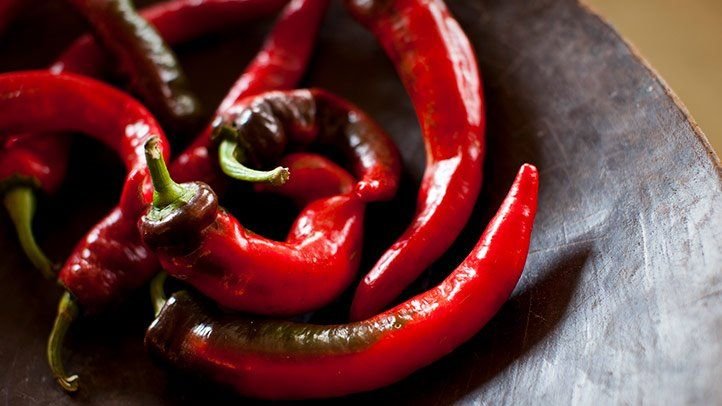Menopause is a natural phase in a woman’s life that marks the end of her reproductive years. This transitional period brings about hormonal changes that can lead to various physical and emotional symptoms. Along with these changes, a woman’s nutritional needs also evolve. To navigate this phase with comfort and vitality, it’s important to make mindful dietary choices. Here are five foods you should consider avoiding during menopause to help manage its symptoms more effectively.
H1: Sugary Treats and Refined Carbohydrates
H2: Impact on Blood Sugar and Mood Swings
H2: Alternative: Whole Grains and Natural Sweeteners
Sugary treats and refined carbohydrates might provide instant gratification, but they can wreak havoc on blood sugar levels and contribute to mood swings. Menopause itself can lead to mood fluctuations, so it’s best to avoid exacerbating them with sugary indulgences. Opt for whole grains like quinoa, brown rice, and whole-wheat bread, along with natural sweeteners like honey or maple syrup.
H1: Caffeine and Excessive Coffee
H2: Sleep Disruption and Hot Flashes
H2: Alternative: Herbal Teas and Decaffeinated Options
Caffeine is known to interfere with sleep patterns, and during menopause, sleep disturbances are common due to night sweats and hot flashes. Additionally, caffeine can exacerbate anxiety and mood swings. Consider switching to herbal teas like chamomile or peppermint, or choose decaffeinated coffee to reduce sleep disruption and promote overall well-being.
H1: High-Sodium Foods
H2: Impact on Bone Health and Bloating
H2: Alternative: Foods Rich in Calcium and Magnesium
Excess sodium in the diet can lead to water retention and bloating, which are already concerns for many women going through menopause. Moreover, high sodium intake can negatively affect bone health. Opt for foods rich in calcium and magnesium, such as leafy greens, yogurt, and almonds, to support your bones and minimize bloating.
H1: Processed and Fried Foods
H2: Weight Management and Heart Health
H2: Alternative: Lean Proteins and Heart-Healthy Fats
Processed and fried foods are often laden with unhealthy fats that can contribute to weight gain and negatively impact heart health. As women age, the risk of heart disease increases, so it’s crucial to focus on a heart-healthy diet. Choose lean proteins like fish, chicken, and legumes, and incorporate sources of good fats like avocados, nuts, and olive oil.
H1: Spicy Foods and Triggered Hot Flashes
H2: Increased Hot Flashes and Discomfort
H2: Alternative: Cooling Foods and Mild Seasonings
Spicy foods can trigger or exacerbate hot flashes in menopausal women. If you’re prone to hot flashes, it’s wise to avoid overly spicy dishes. Instead, opt for cooling foods like cucumbers, watermelon, and yogurt. When seasoning your meals, choose milder options like herbs and light spices to reduce the likelihood of discomfort.
Navigating menopause requires a holistic approach, and diet plays a significant role in managing its symptoms. By making mindful choices and avoiding these five foods, you can support your body’s transition and promote overall well-being during this transformative phase.
Conclusion:
As you embark on this new chapter in your life, remember that your diet can significantly impact how you experience menopause. By avoiding sugary treats, excessive caffeine, high-sodium, processed foods, and spicy dishes, you can help alleviate some of the discomfort associated with this phase. Instead, focus on nourishing your body with whole, nutrient-rich foods that support your overall health and well-being.








